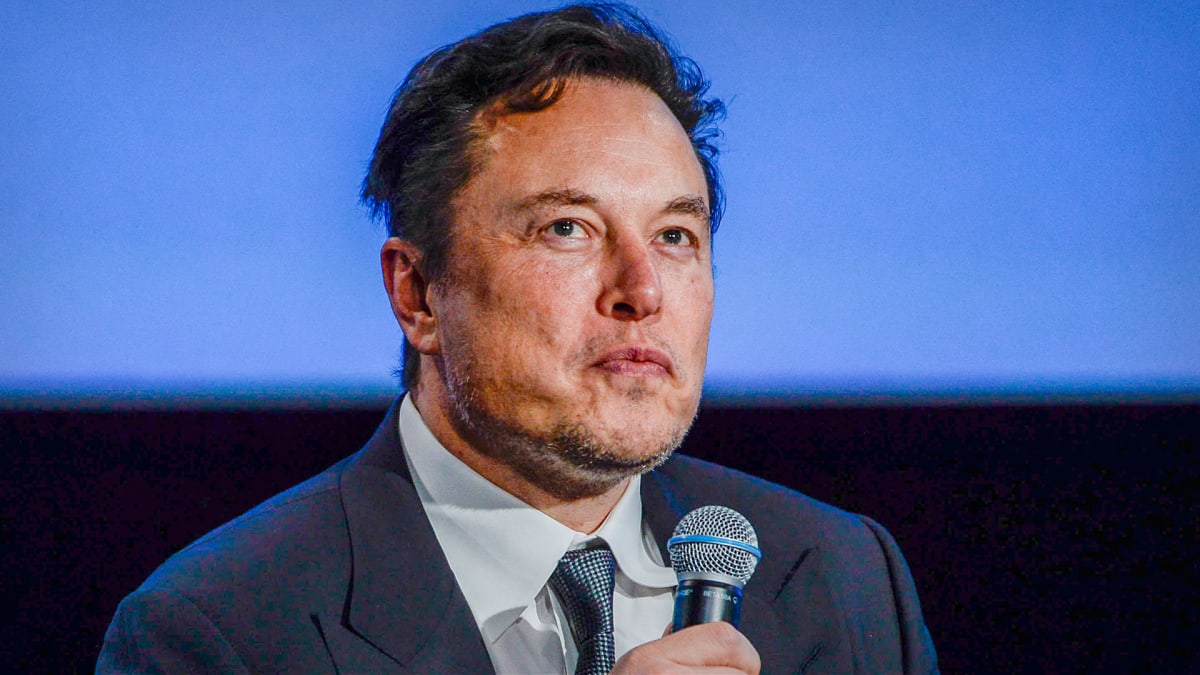
Elon Musk has never been a fan of Apple (AAPL) even though he uses the California giant's flagship product - his phone is an iPhone.
He never hid it, going so far as to suggest that Tesla's (TSLA) real rival is the Saudi oil giant Saudi Aramco.
In fact, Musk sees Apple as the obstacle in Tesla's road to the innovation throne. The tech tycoon considers his company to be the most innovative today. However, this title is often attributed to Apple.
There is thus a flavor of rivalry between the two companies even if Apple never speaks of Tesla. But Musk never misses an opportunity to criticize Apple. He has just proved it again by joining the voices denouncing the new decision of the Cupertino, California-based company.
Tim Cook's firm has just changed the terms of its App Store.
Apple Takes a Seat at the Table
Apple announced this week that users and advertisers must make an in-app purchase when they want to boost a post on apps like TikTok, Instagram (META), Twitter (TWTR), etc to give it more visibility.
"Digital purchases for content that is experienced or consumed in an app, including buying advertisements to display in the same app (such as sales of “boosts” for posts in a social media app) must use in-app purchase," Apple said in the update of the terms that you can read here.
Basically, advertisers and users will have to use Apple's system to buy boost for their social media posts. The problem is that Apple takes a commission of up to 30% on in-app purchases. In other words, the policy change allows Apple to take a portion of social media ad revenue.
The move also means that social media may increase boost fees to recover what Apple takes from them.
This change comes at a time when Apple is developing its own advertising platform which will allow it to boost its revenues.
The decision was sharply criticized on social networks where many users denounced Apple as a "monopoly."
Musk, who is expected to take ownership of Twitter by October 28, has added his voice to opponents of Apple's new policy. He thus commented on posts denouncing the decision.
"Apple is working so hard to protect their monopoly… i mean ecosystem," tweeted venture capitalist Bill Lee, who is an investor in Tesla, SpaceX, Musk's aerospace company, and also in the Coinbase cryptocurrency exchange platform.
'Concerning'
He continued: "Charging 30% and forcing developers to adopt IAP is archaic."
This is where Musk chimed in.
"30% is a lot," the billionaire said.
Musk also commented on another highly critical Apple post by Spotify founder and CEO Daniel Ek.
"Apple continues to disadvantage competitors, and the impact is huge - on consumers, app developers, and now, authors and publishers," Ek lambasted. "Without policymakers taking action, nothing will change. I can’t be the only one who sees the absurdity."
"Concerning," the tech tycoon commented.
Besides Musk, Meta Platforms, parent company of Facebook, Instagram and WhatsApp has also been very critical of Apple. It's not really a surprise because Apple's move will eat away at a share of the social networking giant's revenue.
"Apple continues to evolve its policies to grow their own business while undercutting others in the digital economy," a Meta spokesperson said in an emailed statement. "Apple previously said it didn’t take a share of developer advertising revenue, and now apparently changed its mind. We remain committed to offering small businesses simple ways to run ads and grow their businesses on our apps.”
Apple didn't immediately respond to a request for comment.
But in a statement made to Bloomberg News, the company defended its decision.
"For many years now, the App Store guidelines have been clear that the sale of digital goods and services within an app must use in-app purchase," the iPhone maker said. "Boosting, which allows an individual or organization to pay to increase the reach of a post or profile, is a digital service - so of course in-app purchase is required. This has always been the case and there are many examples of apps that do it successfully."
Apple's decision creates yet another feud with Meta. The two Californian neighbors have a relationship fraught with tension. Apple recently took a swipe at Meta's ad revenue by giving iPhone owners control over which apps they allow to track their online movements. This move limits Meta's ability to offer targeted ads to users of its platforms.







